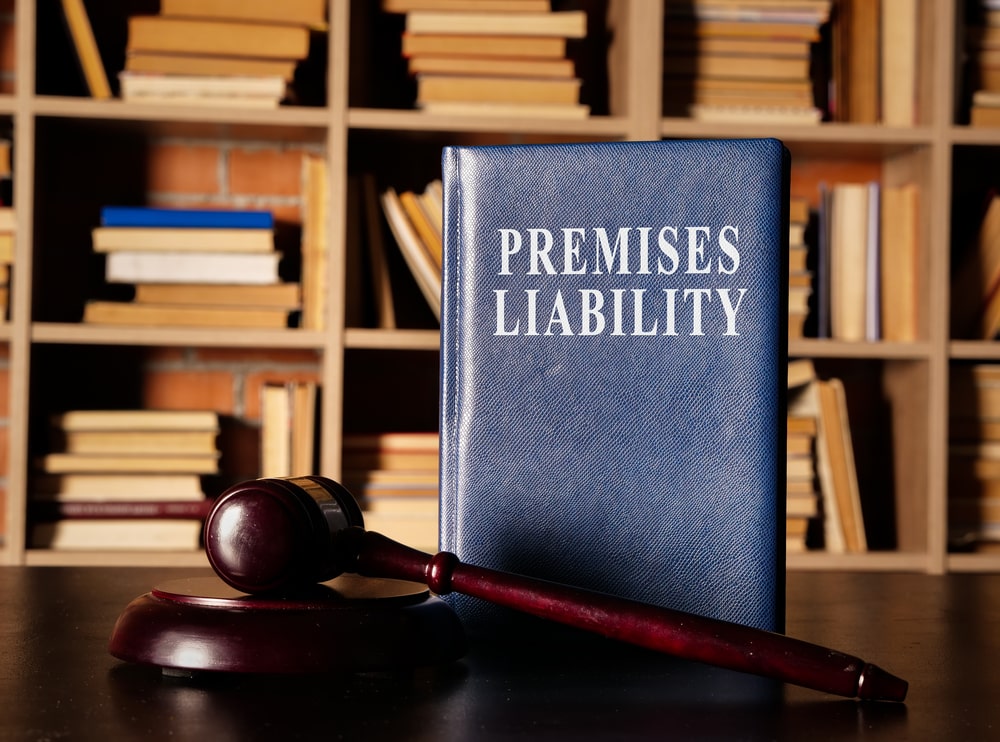Safety is a paramount concern for both individuals and businesses. When it comes to premises liability claims, negligent security can significantly impact the outcome of a case. Whether it’s a commercial property, apartment complex, or other public space, property owners have a legal duty to provide adequate security measures to protect visitors and tenants from foreseeable harm. Below our friends at Council & Associates, LLC will explore the concept of negligent security in premises liability claims, shedding light on its importance and legal implications.
Understanding Negligent Security
Negligent security refers to a property owner’s failure to implement reasonable security measures to prevent foreseeable criminal acts on their premises. These criminal acts can range from assaults and robberies to vandalism and theft. When someone suffers harm due to inadequate security, they may pursue a premises liability claim against the property owner. This might look like cameras that were promised to be installed but never were or a broken gate that allowed criminals entry to the premises.
Factors Contributing To Negligent Security
As a premises liability lawyer can share, several factors can contribute to negligent security on a property:
1. Inadequate Lighting: Poorly lit areas create hiding spots for criminals and increase the risk of accidents and criminal activity.
2. Faulty Security Cameras: Non-functional or poorly maintained security cameras fail to deter criminal behavior and provide crucial evidence in case of incidents.
3. Lack of Security Personnel: Properties with insufficient security personnel are more susceptible to criminal activity, as there is no immediate response to potential threats.
4. Defective Locks or Gates: Broken locks or gates provide easy access to unauthorized individuals, compromising the safety of the premises.
5. Failure to Conduct Background Checks: Neglecting to screen employees, contractors, or tenants can result in placing individuals with criminal histories in positions of trust, posing a threat to others’ safety.
Legal Implications
Property owners have a legal duty to maintain a reasonably safe environment for visitors and tenants. When negligent security leads to harm, victims may hold the property owner accountable through a premises liability claim. To establish liability, the following elements must be proven:
1. Duty of Care: The property owner owed a duty of care to provide adequate security measures. This means they are responsible for making sure their property is safe for all who use it.
2. Breach of Duty: The property owner breached this duty by failing to implement reasonable security measures.
3. Causation: The breach of duty directly caused the victim’s injuries or damages.
4. Damages: The victim suffered damages as a result of the property owner’s negligence.
Negligent security can have severe consequences for individuals who fall victim to criminal acts on poorly secured premises. Property owners must prioritize the safety of their visitors and tenants by implementing appropriate security measures. If you or a loved one has been injured due to negligent security, it’s essential to seek legal guidance from a lawyer. Contact a law firm near you today for representation to get the compensation you deserve.

